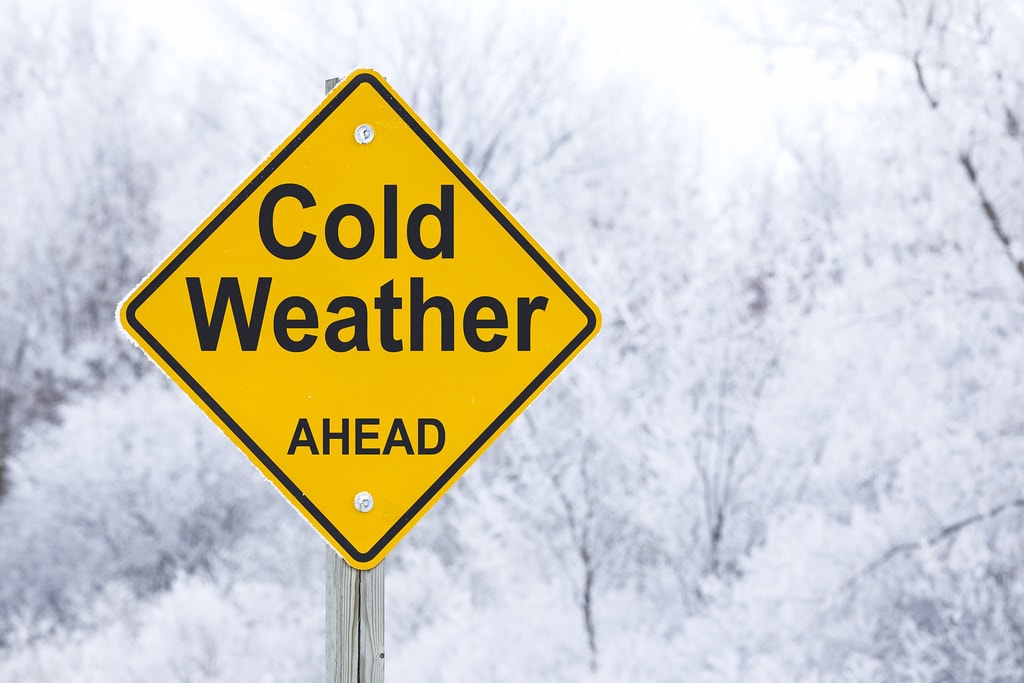It’s that time of year… the days are getting shorter and grayer. It’s getting darker earlier and earlier and people choose to hibernate instead of going out.
Winter can be an unpleasant time for anyone, but it can be especially dangerous for older adults. Our bodies are less efficient at sensing cold as we get older, which means that an older adult may not realize just how cold they are. This plus losing body heat faster, thinner skin, and less body fat increase the risk of frostbite and hypothermia. Below are some tips to have a safer winter:
Going Outside
- Always dress for the weather, even if you’re only going out for a short time
- Make sure to wear a hat, scarf, and warm, waterproof boots with good traction
- Choose mittens over gloves
- Make sure to leave yourself extra time so you’re not rushed
- Always carry a charged cell phone in case of emergencies
- If you use a cane, replace the plastic on the end of the cane or switch it out for a spike
- Stay away from people that are sick
- You can carry a small bag of kitty litter to use on slippery steps (this is also a helpful thing to keep in your car’s trunk!)
In the Home
- Don’t keep your home too cold (aim for between 68 and 70 degrees)
- Dress warmly even if you’re staying home
- Take your shoes off when you’re at home (switch to slippers that have good traction)
- Make sure your stairs/walkway are clear of snow and have been salted to remove ice
- If you have pets, consider switching to indoor pads to cut down on trips outside
- Test your smoke alarm and carbon monoxide detector and replace the batteries if necessary
- If possible, hire someone to keep up with snow shoveling
In the Car
- Make sure you have a winter emergency kit in your car (these can be found for around $20 at various retailers)
- Get the car checked out before the snow starts (especially the windshield wipers, antifreeze, wiper fluid, oil, tires, and battery)
Winter Storms
- Keep up with winter weather news and know when a storm is expected
- Don’t be afraid to cancel appointments and outings if you feel unsafe
- Know where to find flashlights and batteries in case of a power outage
- Create a stockpile of water and canned/non-perishable food to last at least a week
- The Center for Disease Control publishes a Winter Weather Checklist that you can view by clicking here
- If necessary, see if you can stock up on medications
Seasonal Depression
- Seasonal Affective Disorder (SAD) is common this time of year
- We get less vitamin D from the sun during the winter. Try to eat more vitamin D-rich foods (e.g., fish, milk, vegetables) and talk to your doctor about supplementing with vitamin D pills- either over the counter or prescription strength
- Ask family, neighbors, and friends to visit/call and check in periodically
- If you feel safe to go out, try going to a senior center or adult day program so you don’t feel isolated (you can find a list in the Ahead of the Curve Resource Directory)
Talk to your Doctor
- Make sure your eyes and feet are checked out at your physical
- Talk to your doctor about whether any of your medications affect body heat
- Ask about ways to be active when at home
For information about home safety, home repair, and emergency utility help, visit the Ahead of the Curve Resource Directory or call our Resource Advocates at (734) 971-9781.
Emergency assistance can also be found by calling the Washtenaw County Office of Community and Economic Development at (734) 544-3008






